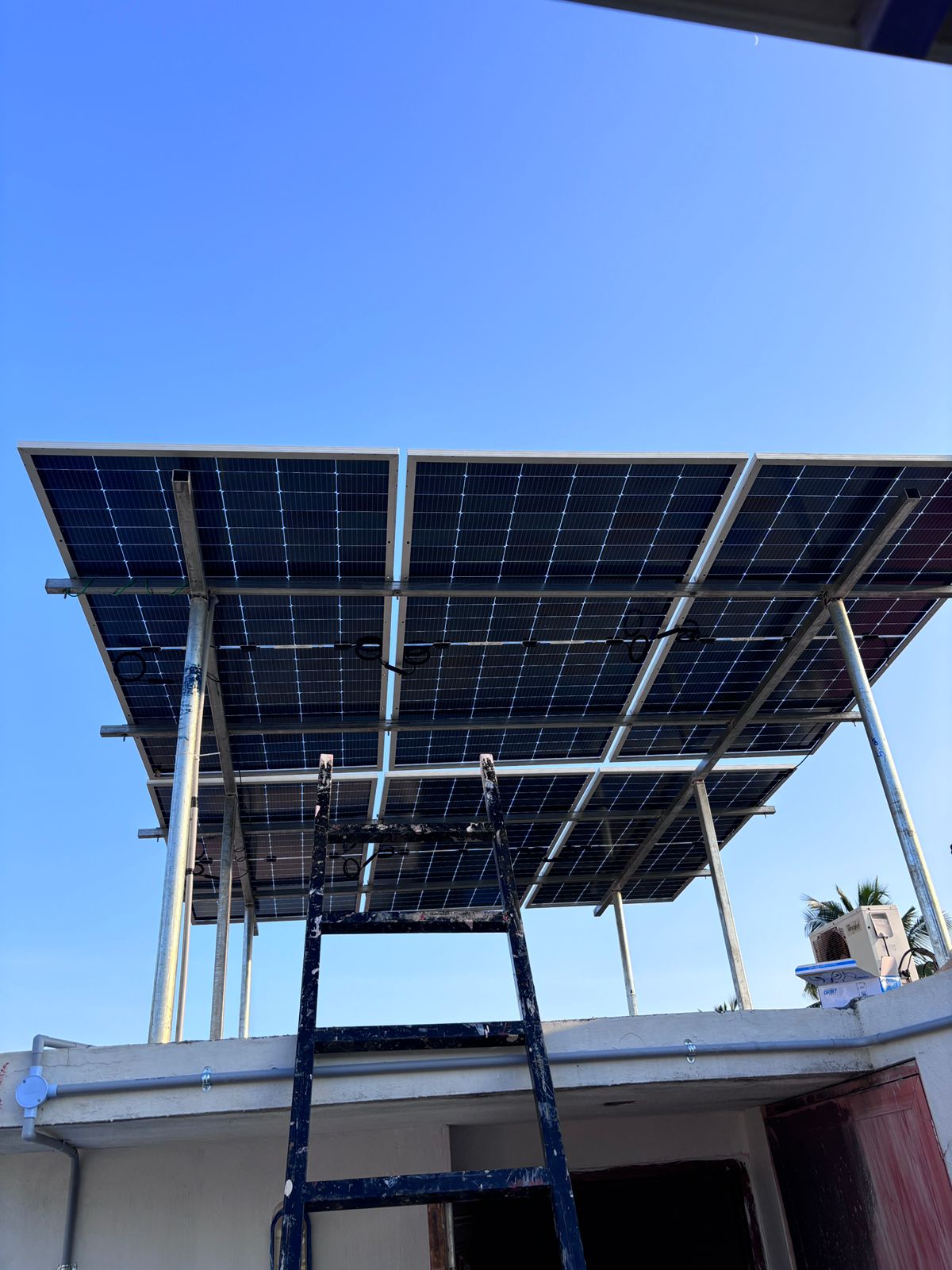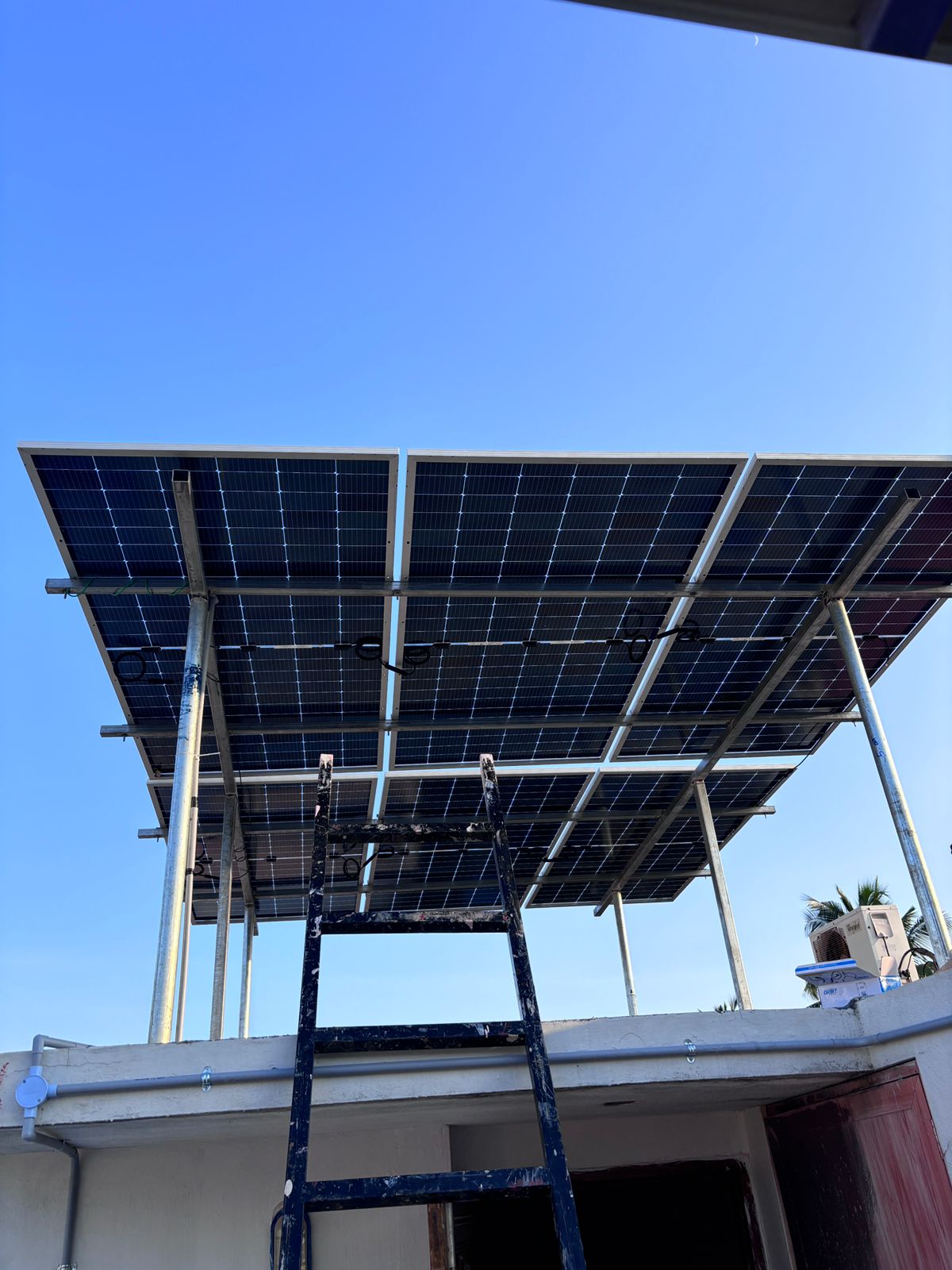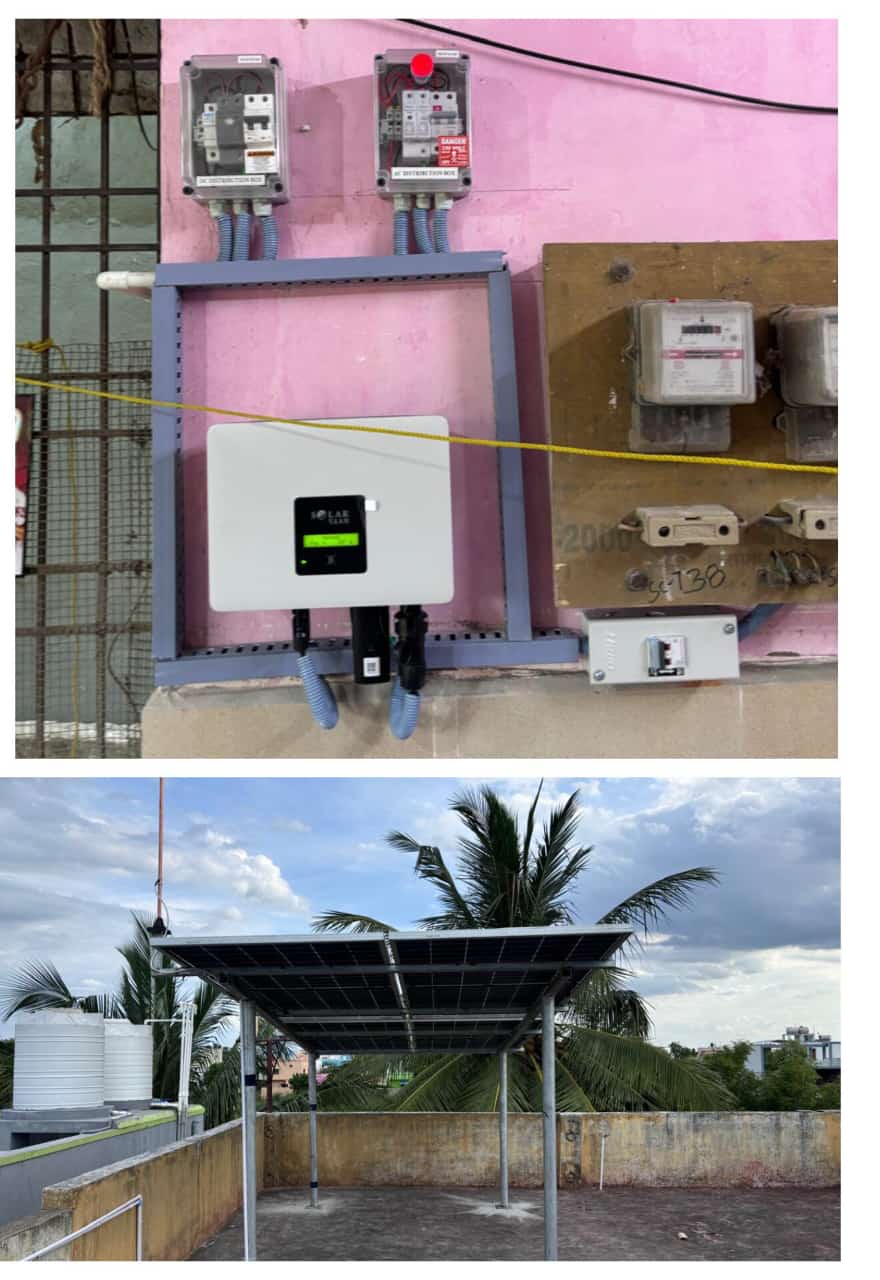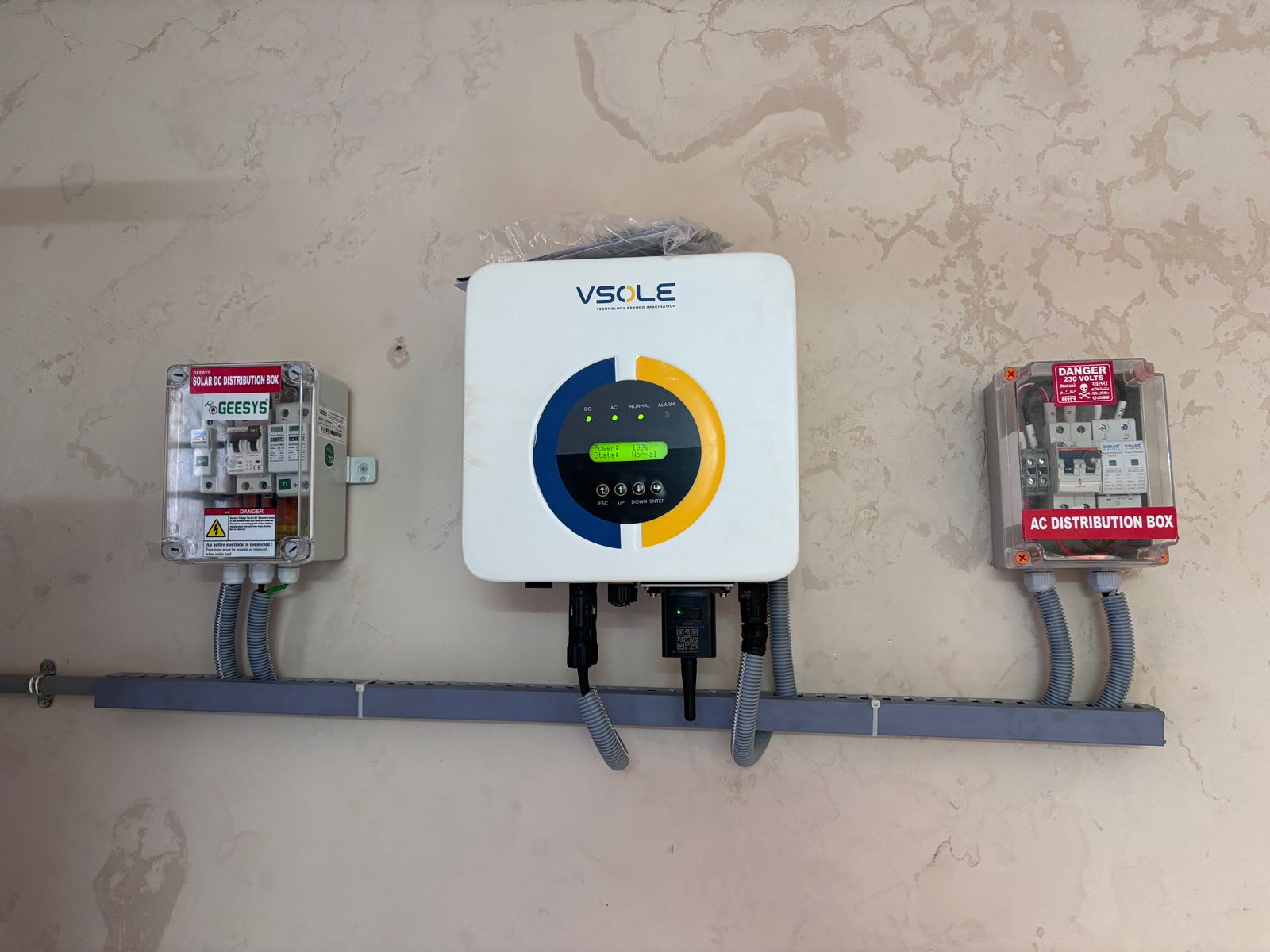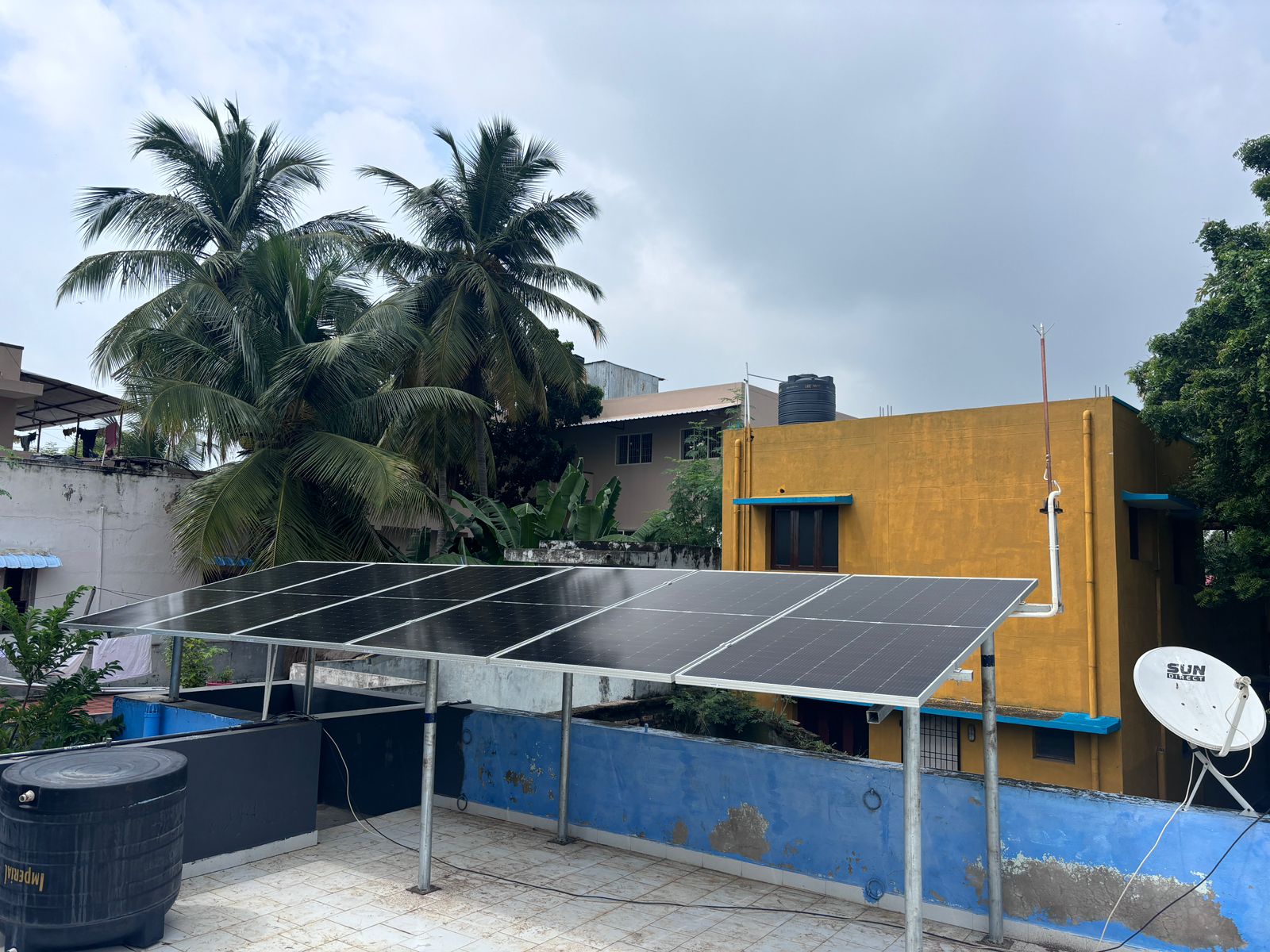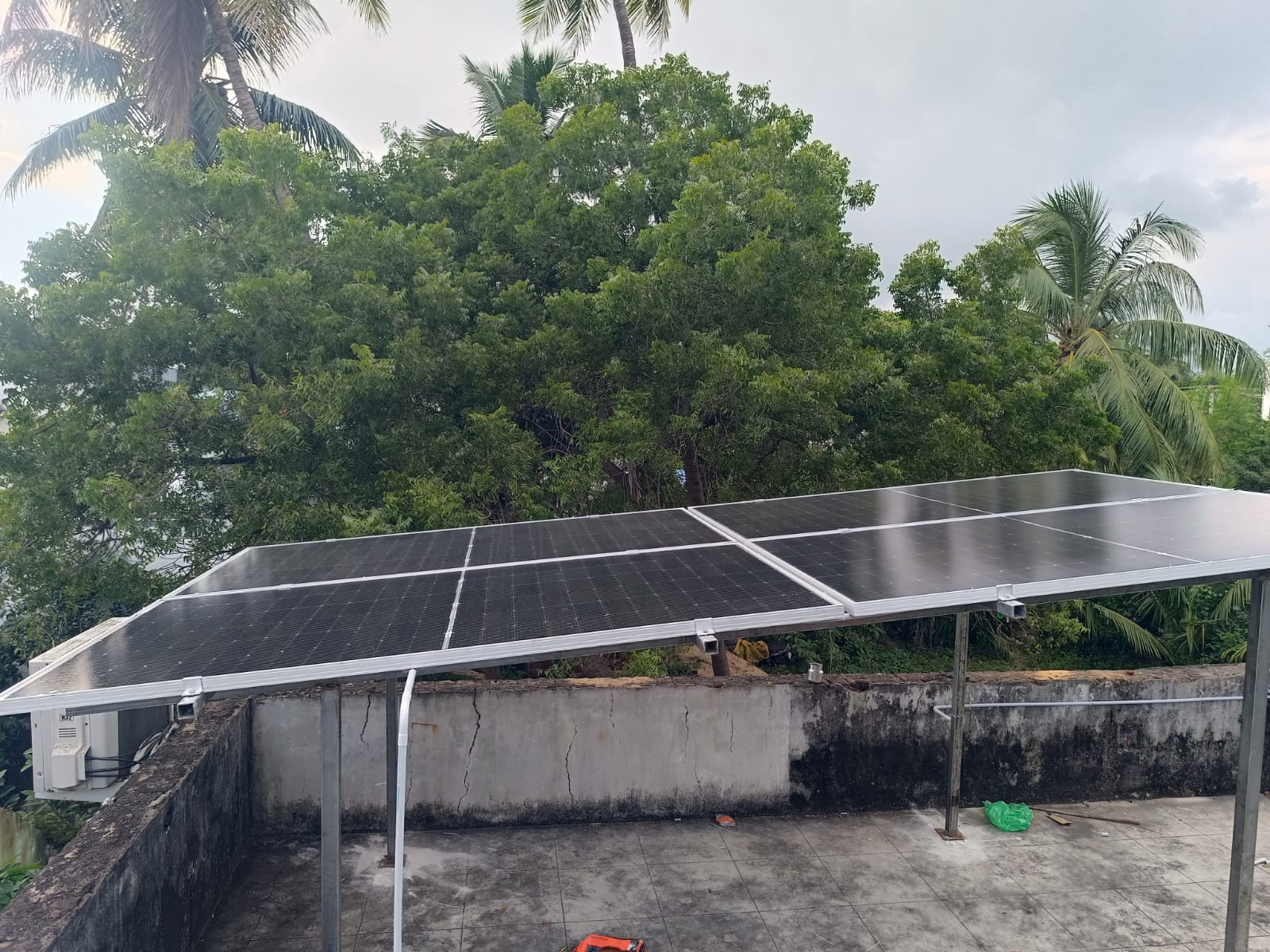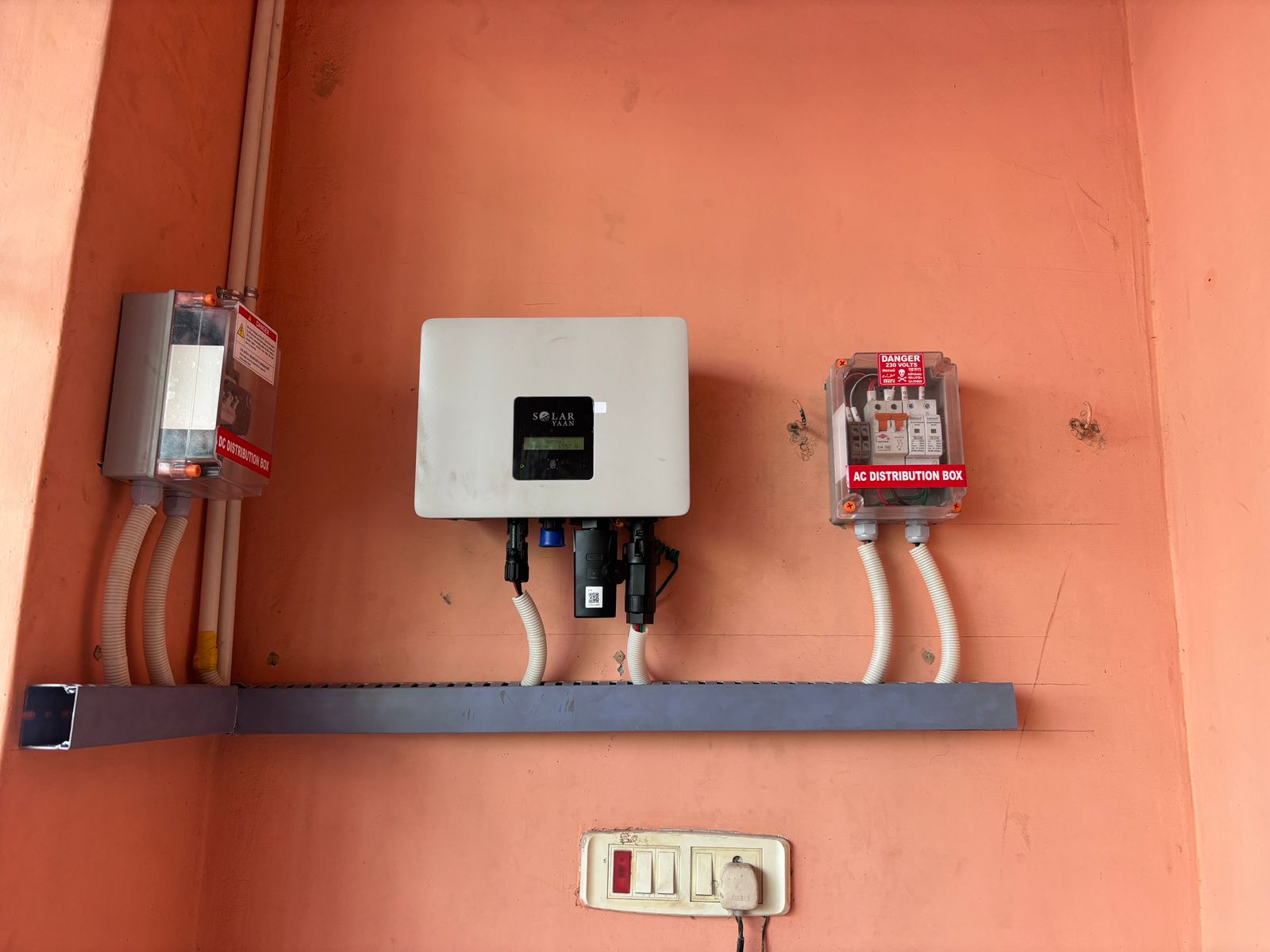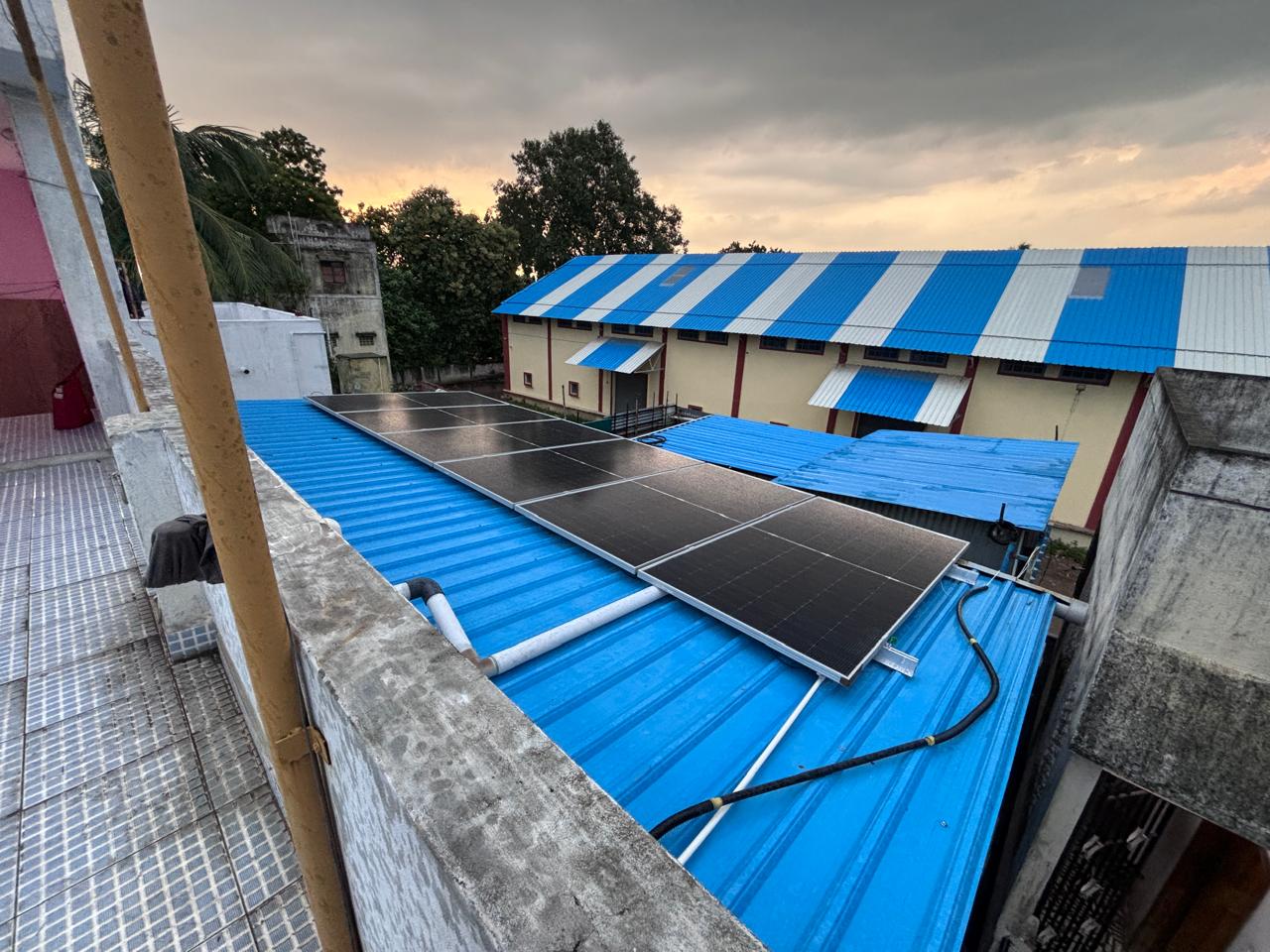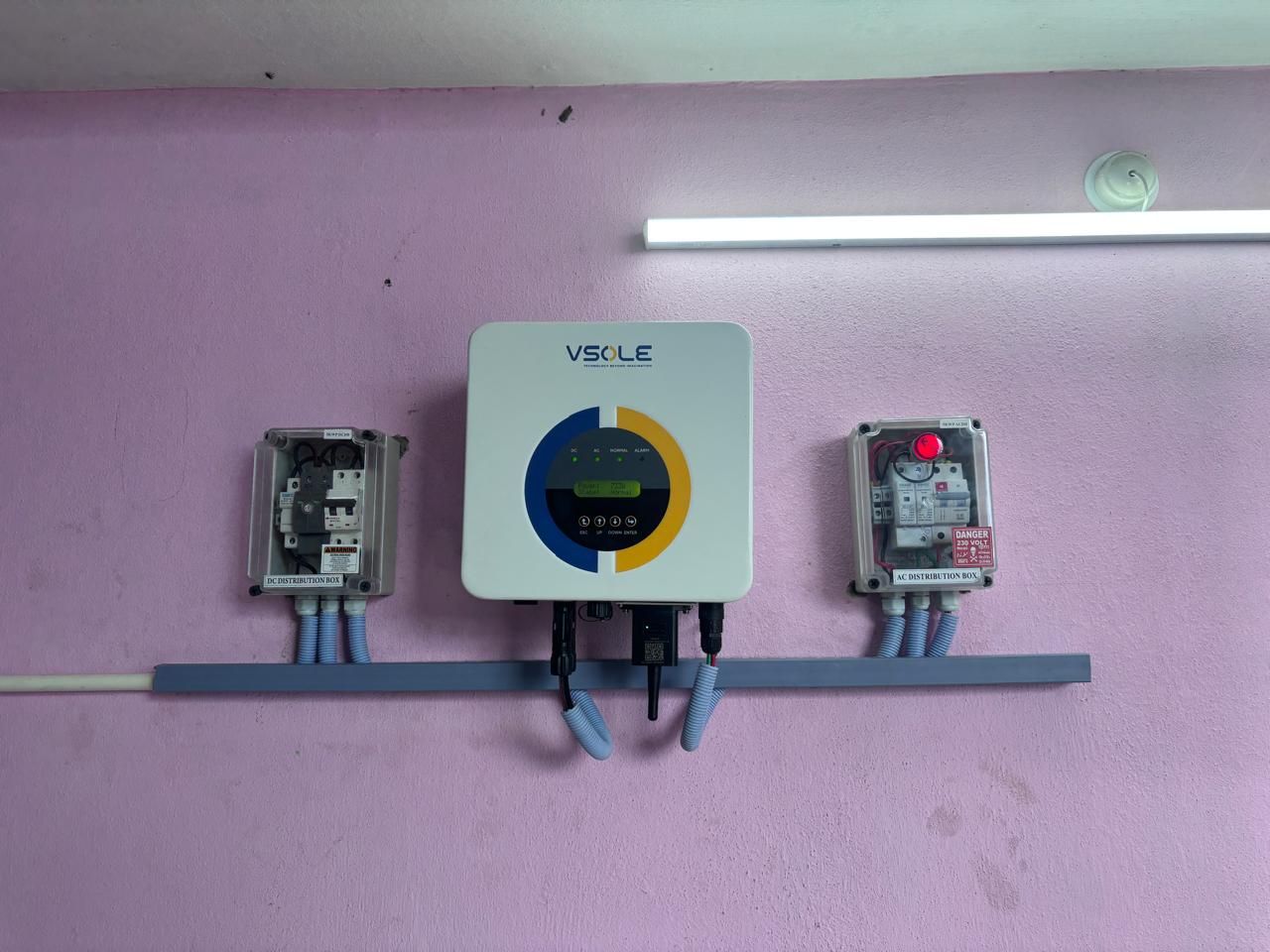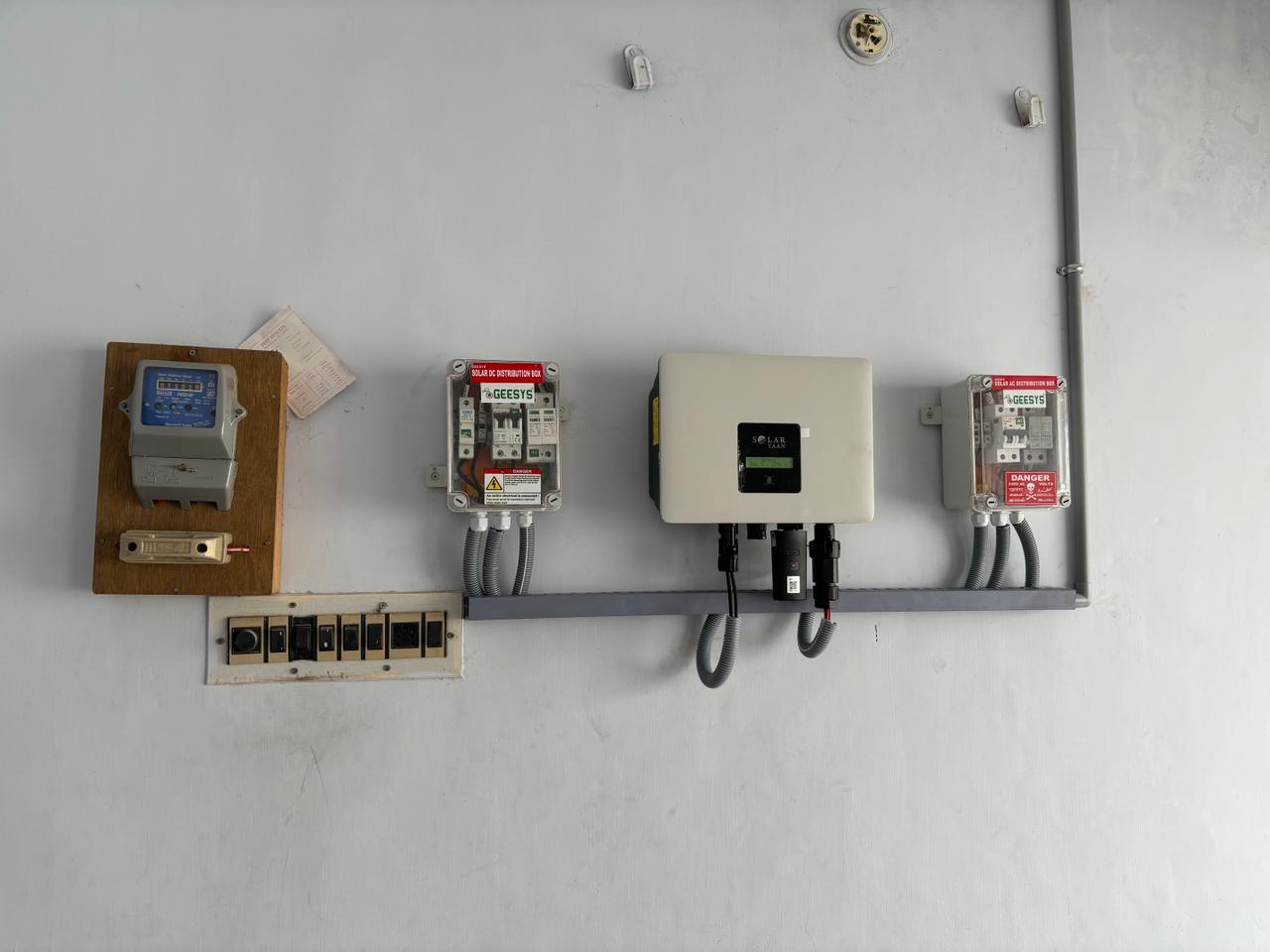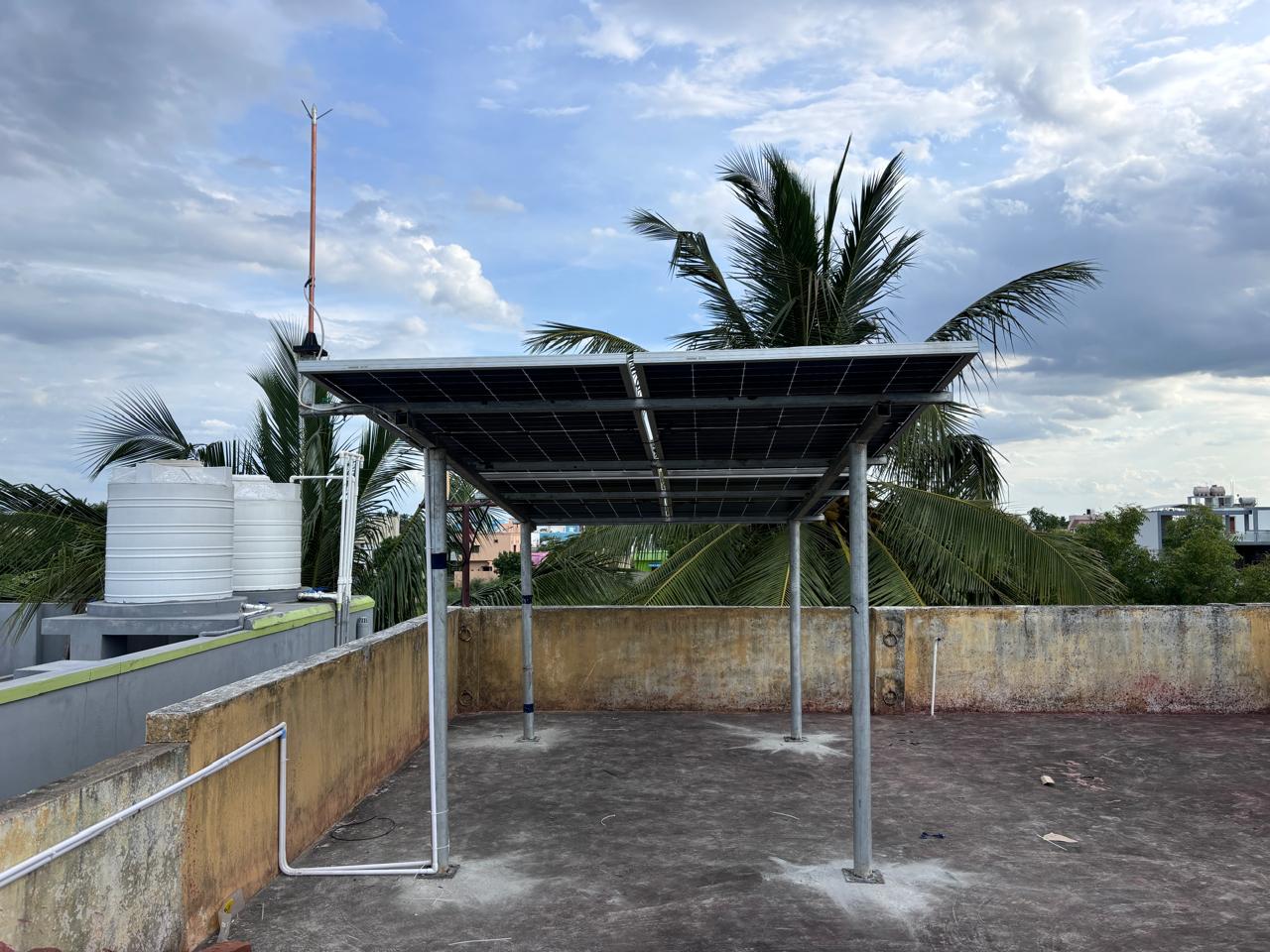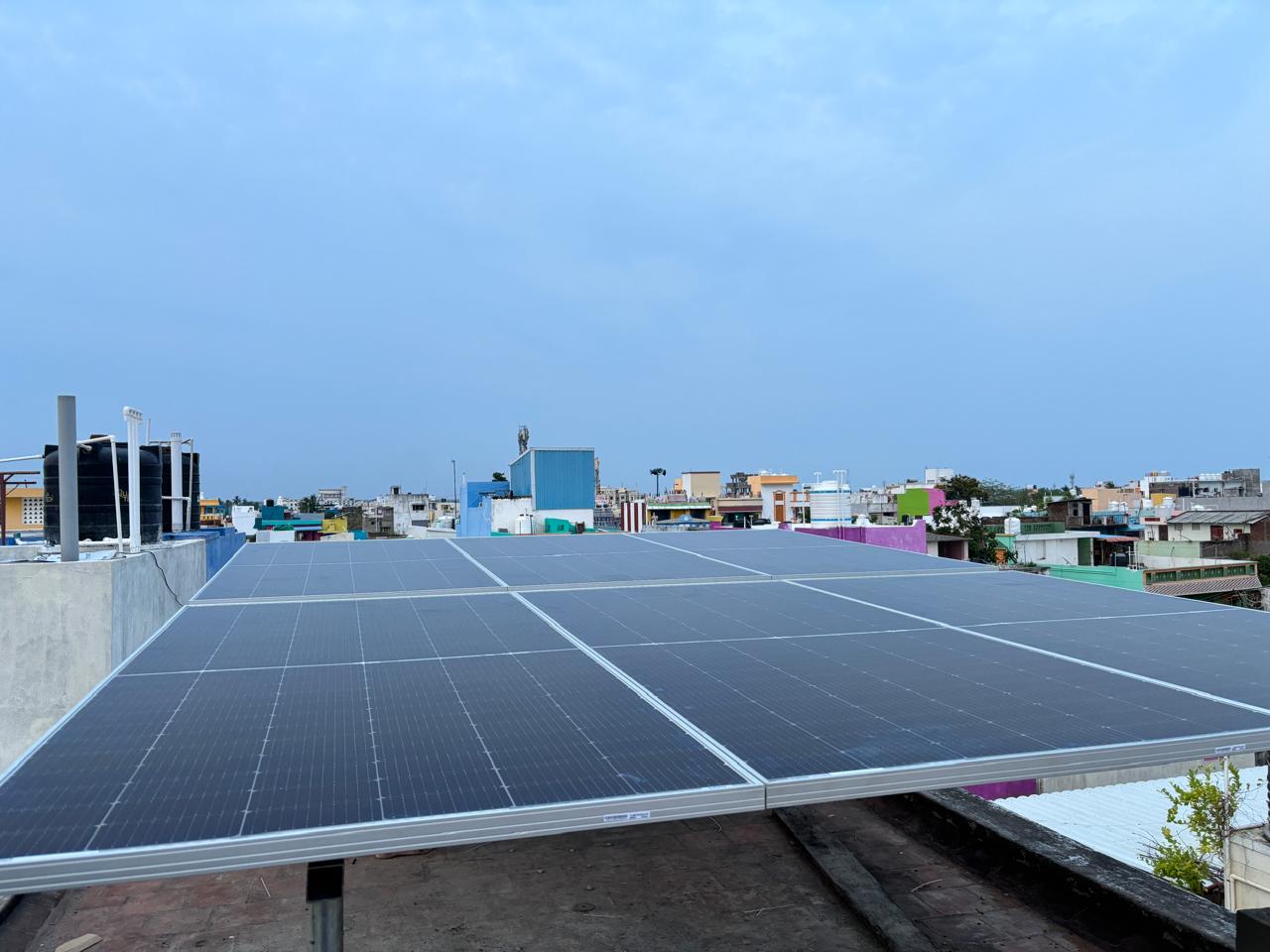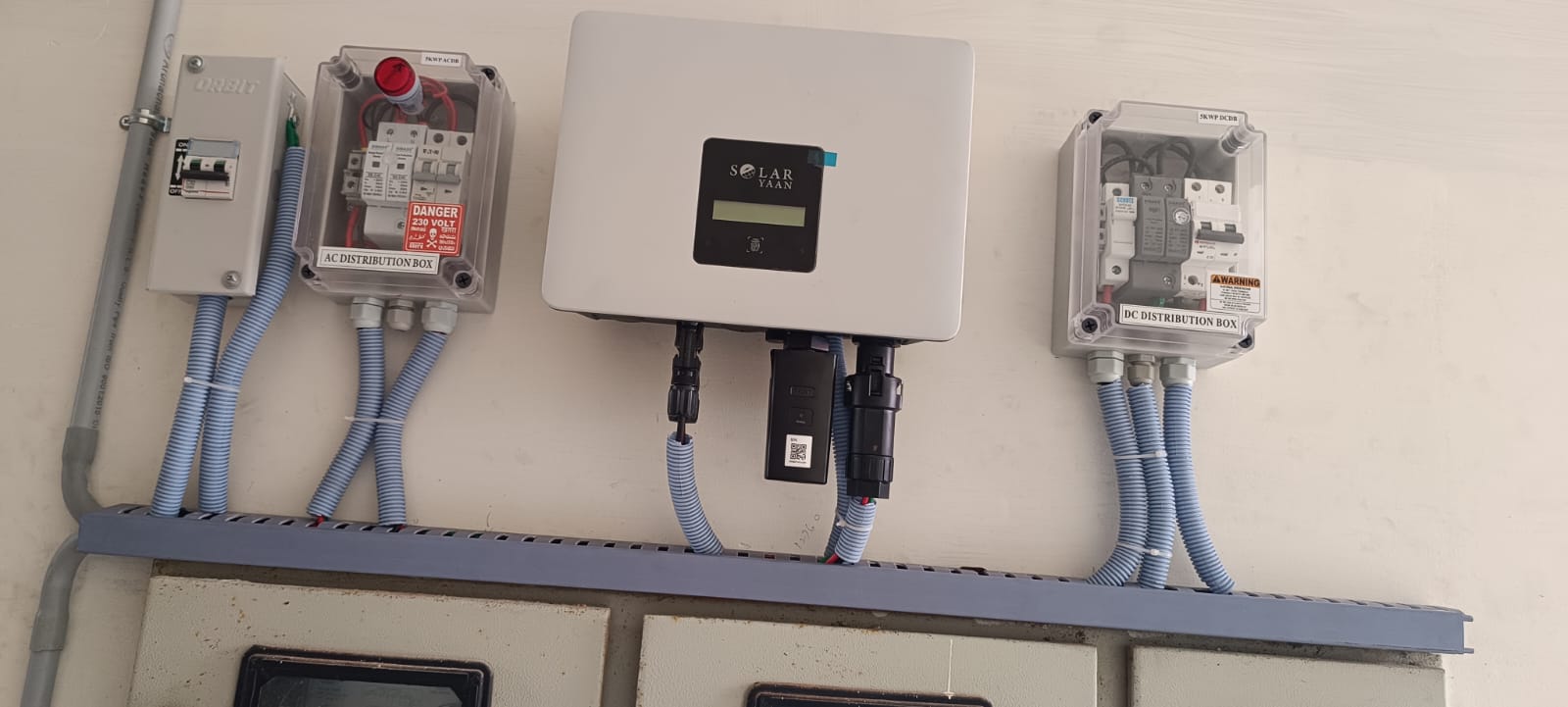
Join the Solar Revolution with Government Subsidy
Read More
Expert Solar Solutions for Homes, Offices, and Industries
Get Quote



An in-depth guide to understanding and implementing solar power solutions for your home. Learn about the benefits, installation process, and key considerations.
As the demand for sustainable and renewable energy sources grows, residential solar installations have become increasingly popular among homeowners. Installing solar panels on your home can significantly reduce your electricity bills, increase property value, and contribute to a cleaner environment. This article provides a comprehensive overview of residential solar installations, including the benefits, installation process, and important considerations.
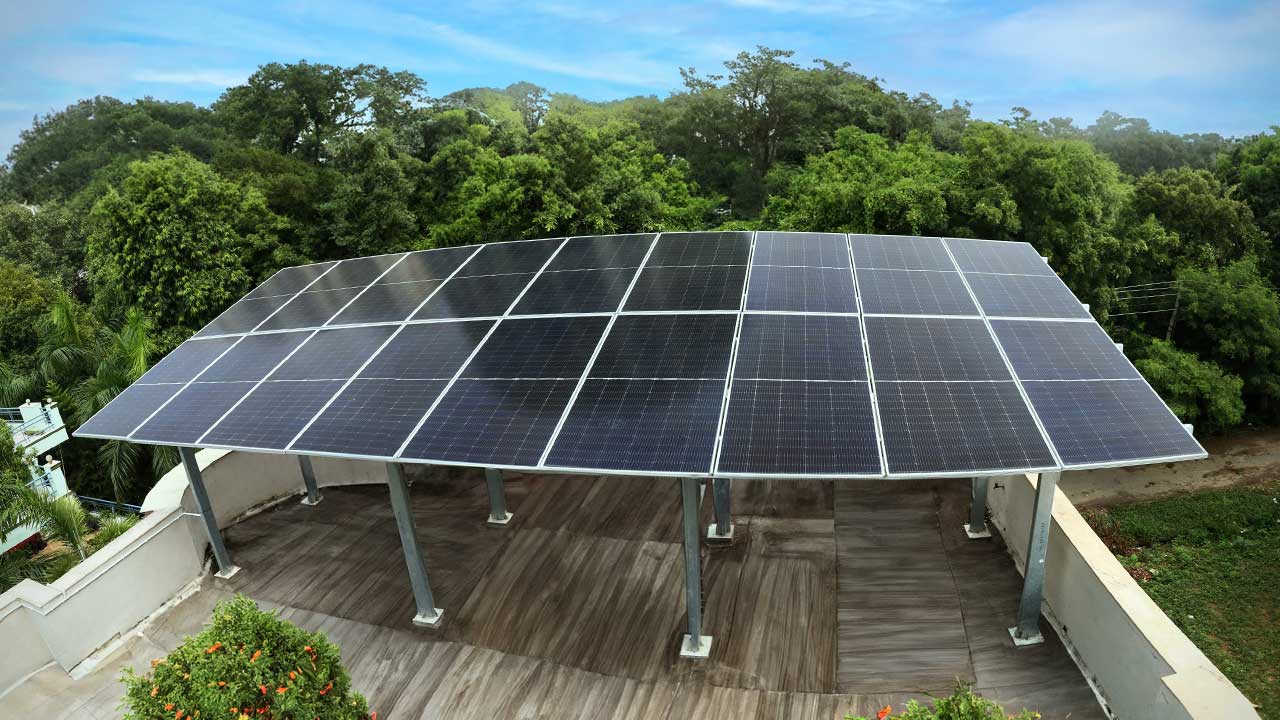
Residential solar installations offer numerous advantages, including:
Installing solar panels on your home involves several steps:
Before installing solar panels on your home, consider the following factors:
Solar panels typically have a lifespan of 25-30 years. Most manufacturers offer warranties that guarantee performance and efficiency for this period.
Yes, solar panels can be installed on flat roofs using mounting systems that angle the panels towards the sun for optimal energy production.
Standard grid-tied solar systems do not provide power during an outage for safety reasons. However, solar systems with battery storage can supply electricity during outages.
Solar panels require minimal maintenance. Regular cleaning and periodic inspections to check for any issues are usually sufficient to keep the system running efficiently.
